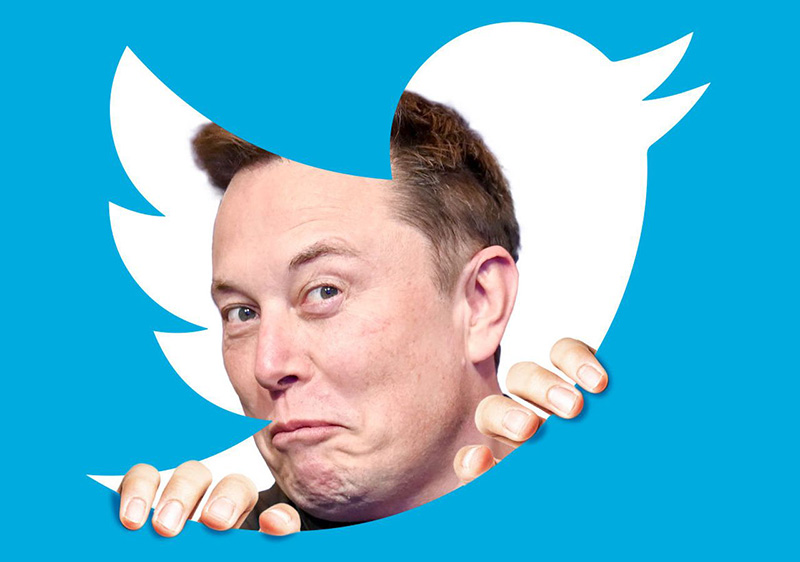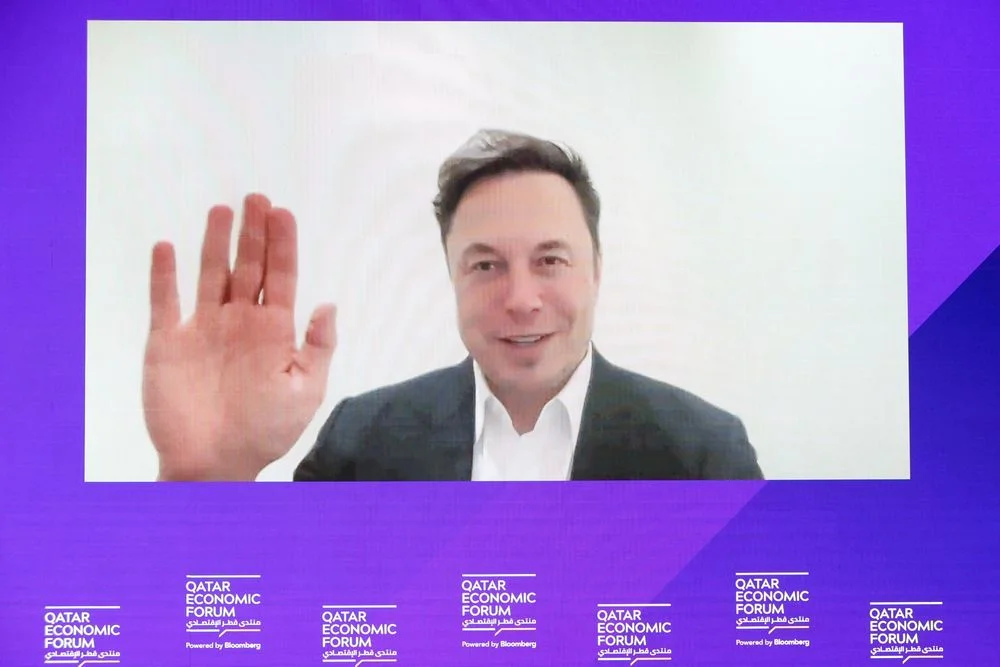Hello,
Elon Musk has softened his tone on remote work to convince people to remain at X (Twitter Inc.), joining a growing roster of business leaders who’ve realized the value of allowing more flexible arrangements — and the perils of forbidding them.
 Musk, who has often ridiculed working from home, had banned remote work in his first email to workers last week.
Musk, who has often ridiculed working from home, had banned remote work in his first email to workers last week.
But Twitter’s new owner sent a follow-up email Thursday softening his tone. “All that is required for approval is that your manager takes responsibility for ensuring that you are making an excellent contribution,” he wrote, adding that staffers should have in-person meetings with their colleagues at least once a month.
The billionaire is one of several corporate chiefs to change their tune on working from home. Leaders on Wall Street, in Silicon Valley and everywhere in between have seen that strict return-to-office policies often backfire and offering more flexible work arrangements can improve productivity, job satisfaction and attrition. Apple Inc. tempered its stance amid employee resistance, Jefferies Financial Group Inc. said it has “no issue” with the bank’s staffers working from home from time to time, while carmaker General Motors Co. has also dialed back its return-to-office plan.
Even the most steadfast opponents of remote work, like JPMorgan Chase & Co. chief Jamie Dimon, have shifted somewhat. Earlier this year Dimon said about 40% of his workforce will operate in a hybrid model going forward. And Musk’s concerns about Twitter staffers defecting over his RTO policy are well-placed: Apple learned that the hard way when one of its top machine-learning experts left the company over its return-to-office policy, only to land at rival Alphabet Inc.
After more than two years of flexible work arrangements, many white-collar workers have grown accustomed to being able to work where and when they wish, freeing them up to care for kids, aging parents or to simply escape endless Zoom calls and take a stroll in the backyard after lunch. Among those who are able to work from home, nearly half have some sort of hybrid schedule, while about one in five are fully remote, according to WFH Research, an ongoing survey of tens of thousands of US adults by researchers including Stanford University economist Nicholas Bloom.
“It’s fascinating but not surprising,” Bloom said about Musk’s move. “Market forces even apply to Elon Musk. Workers in technology value the ability to work from home as the same as a 10% pay increase. So cancelling this is effectively a 10% wage cut.”
 Musk — who has boasted about sleeping on the factory floor of Tesla Inc., the electric-car maker he also runs — hasn’t exactly embraced working from home.
Musk — who has boasted about sleeping on the factory floor of Tesla Inc., the electric-car maker he also runs — hasn’t exactly embraced working from home.
His Thursday email also said that “any manager who falsely claims that someone reporting to them is doing excellent work or that a given role is essential, whether remote or not, will be exited from the company.”
Musk has also asked employees to formally state whether they were willing to keep working at the company — a commitment that would include “working long hours at high intensity.” Employees had until 5 p.m. Eastern time Thursday to respond, and the negative reaction from so many “Tweeps” to the ultimatum prompted Musk to shut Twitter’s offices Friday.
At some companies, the debate over remote work was settled long ago. Airbnb Inc. Chief Executive Officer Brian Chesky dumped his RTO plan back in April, instead telling his 6,000 employees that they could work remotely indefinitely. “Each of us works best in our own ways, and we’re giving you the flexibility to make the right choice based on where you’re most productive,” Chesky wrote in an email to staff.
“Equating excellent work with working early mornings, late evenings, and weekends reveals a belief that the only way to be an excellent employee is to devote one’s entire life to the company,” says Jason Schloetzer, a professor at Georgetown University’s McDonough School of Business. “And it's become apparent that an increasing proportion of the workforce is becoming comfortable with pushing back.”
Also read:
- Simple Effective Ways to Fit Healthy during Office Hours
- Why the Stylus Is of Great Importance to a Turntable
- Easy Tips for Dummies How to Bypass any Blockage
Thank you!
Join us on social networks!
See you!






